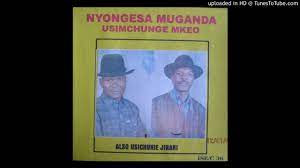A Man of Awesome Power
Plot A Man of Awesome Power is about a man, Tayyib al-Mahid, who believes that his mission in this world has ended. He, however, experiences a mixture of minor aches, pains and contentment. He praises his God for the contentment he has given him. The fact that he feels he has accomplished his mission on earth and is enjoying a more than adequate pension implies that he is a retiree. In fact, the narrator specifies that he owns an apartment he was given as a reward for a long service abroad. Among his accomplishments is his daughters' marriage, which gave him the feeling that he had nothing else to do but spend his evenings with his wife entertaining themselves: watching television, reading newspapers, and listening to Quranic preachings on the radio. One night while he was sleeping, he saw an apparition of a man of radiant appearance, bathed in light and wrapped in a snow-white robe. The apparition told him that God wanted him to have the power to tell things: "From this mom
